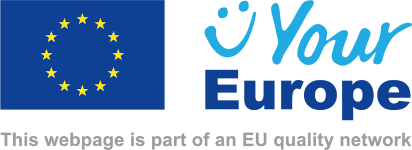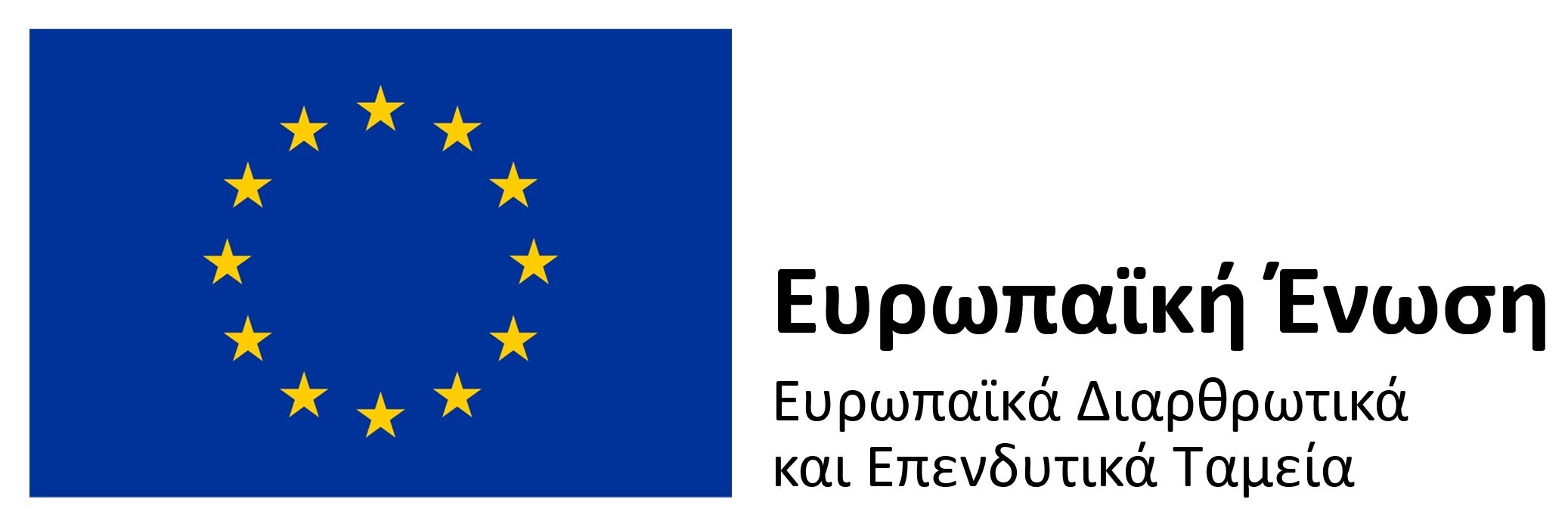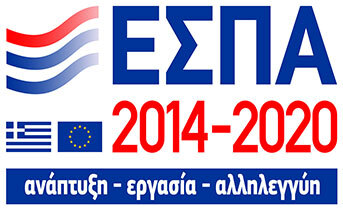Public Resources, Open Software
General Terms of Use of Public Resources and Open-Source Software in relation to the ‘Diavlos’ National Register of Procedures
Free and Open-Source Software (FOSS) is software that anyone can freely use, copy, distribute and modify according to their needs. It is an alternative software development and use model based on the free availability of the source code, enabling the person using it to make changes or improvements in order to meet their needs.
Use of open-source software
By adopting the European Commission's decision to promote the use of open-source software as the preferred choice for all of the European Commission's new software development plans (‘Think Open’), the ‘Diavlos’ National Register of Procedures has used open-source software throughout its development, whilst also adopting open standards and technologies. Open source and open data become a public good and service because: they are public, making optimal use of public resources, promoting freedom of choice and avoiding being locked in to specific technological providers; they facilitate the re-use of software solutions, freeing up time and resources to create valuable cross-border services that are interoperable and enhance efficiency; and they facilitate the expansion of open-source software through the inclusion of new functions and its free sharing with anyone, for any purpose, increasing the number of beneficiaries.
Digital Transformation ‘Bible’
By implementing Priority 5.7 of the Digital Transformation Bible, which proposes Improvements to public registers and open data, the ‘Diavlos’ National Register of Procedures prioritises the development of a Single Source of Truth for all procedures of Public Administration bodies. At the same time, it achieves interoperability with existing registers, such as the Civil Servant Register, the Duties Register, etc., and creates or enriches registers with data on procedures. For example, it creates a Register of Bodies which, in addition to the data from the bodies, contains data on the procedures they supervise and on the registers they maintain and update through procedures. This results in the creation of a framework of interconnected and, thus, interoperable registers.
Pursuant to Priority 5.1 of the Digital Transformation Bible, which proposes the sharing and re-use of solutions in order to minimise waste, and calls for interoperability through open standards, this project uses the MediaWiki and Semantic MediaWiki open-source platforms to store the collaboratively produced result of recording the procedures in the register and to make it available to every citizen in Greece. In the context of the ‘Diavlos’ National Register of Procedures, in addition to the use of MediaWiki and Semantic MediaWiki, there will be an expansion to enrich their interoperability with public administration applications.
By implementing Priority 5.6 of the Digital Transformation Bible, which requires interoperability and the use of international interoperability standards, where available, the Register features Application Programming Interfaces (APIs) in order to offer on-demand interoperability with other public administration applications and provide open data. Finally, it adopts open standards such as the CPSV-AP (Core Public Service Vocabulary Application Profile) to describe the procedures and their metadata, and the CPOV (Core Public Organisation Vocabulary) for data it contains on state bodies. Furthermore, it uses BPMN (Business Process Modeling Notation) to document the procedures of the National Register using diagram techniques.
Data and benefits
The data in the National Register of Procedures that concerns citizens is open and available to them and to any applications developed around them. Care has been taken to ensure the quality of the subset of open data from the ‘interconnected state register infrastructure’ concerning ‘Diavlos’, enabling users to note inaccuracies to be corrected.
Based on the established strategy being followed, the open-source software and open data featured, and the fact that it is not limited to fragmentary use of open-source technologies, the following benefits are achieved:
- the cost shifts from purchasing licences to paying for man-hours, thus reducing the ‘drain’ of specialists, boosting the local economy and achieving a major ripple effect for any ICT expenditure, whether public or private;
- open-source technologies prevent dependence on a single provider (vendor lock-in) and enhance competition and innovation;
- open-source technologies allow for better connection between research and innovation – a key objective of the European Commission's strategy and enhance meaningful transfer of know-how.






